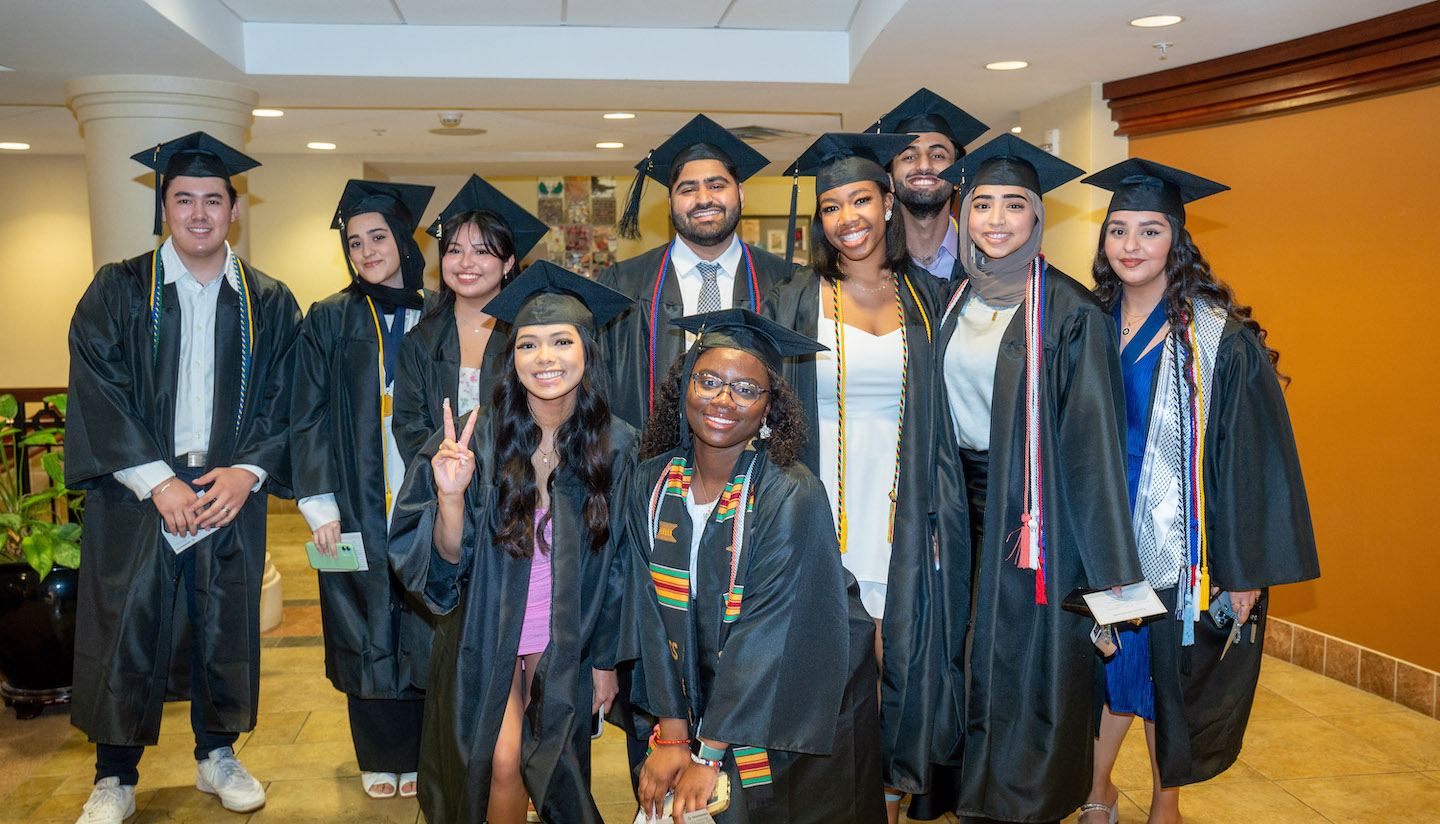For students pursuing education degrees, the path after graduation doesn't have to lead directly to a teaching job. An education background opens up a variety of potential career opportunities outside of pre-K-12 classroom instruction.
Educational Careers: A Growing Field
With steady job opportunities and relatively strong earning potential, careers in educational instruction provide paths for those passionate about sharing knowledge and facilitating learning.
Employment in educational instruction and library occupations, encompassing roles like teachers, instructional coordinators and librarians, offers promising job prospects:
Job Openings:
- Around 857,600 openings projected annually on average
Salary Outlook:
- Median annual wage of $57,490 in May 2022
- Higher than the $46,310 median for all occupations
Source: The Bureau of Labor Statistics

Exploring Alternative Paths
NONPROFIT
One alternative route is to work in the nonprofit sector. Education graduates can find roles at organizations focused on issues like literacy, youth development, educational policy and more. Potential job titles include program coordinator, curriculum developer, trainer or advocacy specialist.
Health Education Specialists
Role Overview:
- Provide and manage health education programs to promote healthy lifestyles
- Use data to identify community needs and plan/implement/evaluate programs
- May link health systems, providers, insurers, patients to address individual/population needs
- May administer fiscal resources for health education programs
Work Environment:
- Employed across various industries like hospitals, government, social services, outpatient care
- Local/state government and outpatient care centers among top employers
Education/Training:
- Specific education requirements not provided, likely need at least a bachelor's degree
- Related experience also likely required
Salary:
- Median annual wage of $66,710 as of May 2022
Employment Outlook:
- Employment of 56,190 in May 2022
- Around 19% employment growth projected from 2022-2032 (faster than average)
Source: The Bureau of Labor Statistics

BUSINESS
The business world also has a need for employees with an understanding of instructional design, teaching methodologies and human performance. Corporations hire education graduates for roles in training and development, human resources, educational consulting and professional development.
Instructional Coordinators
Role Overview:
- Oversee curriculum, teaching standards, instructional materials across schools/institutions
- Requires master's degree and related experience like teaching
Employment Outlook:
- Projected 2% growth from 2022-2032
- 19,200 annual openings on average, largely due to replacements needed
Salary:
- Median annual wage of $66,490 as of 2022
Source: The Bureau of Labor Statistics

GOVERNMENT & LAW
For those with an interest in shaping education policy and legislation, careers in government, think tanks or education reform advocacy groups could be a path. Education researchers, analysts and lobbyists all play a vital role in improving school systems.
Non-Licensure Options at Belmont
Students in Belmont's Education Studies major, which does not lead to a teaching license, are well prepared for many of these alternative professions focused on the learning process outside of pre-K-12 schools.
Archivists, Curators and Museum Workers
Role Overview:
- Oversee institutions' collections like historical items or artwork
- Museum technicians and conservators prepare and restore collection items
Work Environment:
- Employed at museums, historical sites, governments, colleges/universities, corporations
Education/Training:
- Archivists, curators, conservators typically need master's degree in related field
- Museum technicians typically need bachelor's degree
- Experience through internships or volunteering is helpful
Salary:
- Median annual wage of $53,420 as of May 2022
Employment Outlook:
- Projected 10% growth from 2022-2032, much faster than average
- Around 5,000 annual openings projected on average over the decade
Source: The Bureau of Labor Statistics

Pathways to Licensure
For those who still wish to pursue classroom teaching, Belmont's Master of Arts in Teaching (MAT) program allows students from non-licensure majors like Education Studies to gain certification. Graduates of other undergraduate majors like business, psychology or law could also enter the MAT to become licensed teachers.
Lifelong Impact
No matter which direction education you go after Belmont, your foundation in the science of learning and development will give you a competitive career edge.
Why Study Education at Belmont?
Belmont offers a comprehensive and enriching education program that prepares students for diverse career paths. With an emphasis on early and continuous field experience, you can observe and gain real-world educational experiences starting from your very first semester. Belmont has cultivated strong partnerships with local school districts like Metro Nashville Public Schools and Williamson County Schools, facilitating well-balanced learning through community collaborations.
The University boasts a remarkable 97% career outcomes rate in non-traditional educational careers, empowering you to pursue your preferred professional goals, whatever that may look like.
With award-winning alumni and a reputation for producing highly skilled educators, Belmont's educator preparation program is widely regarded as one of the most prepared and sought-after in Tennessee.
Learn more about becoming an educator through Belmont.

